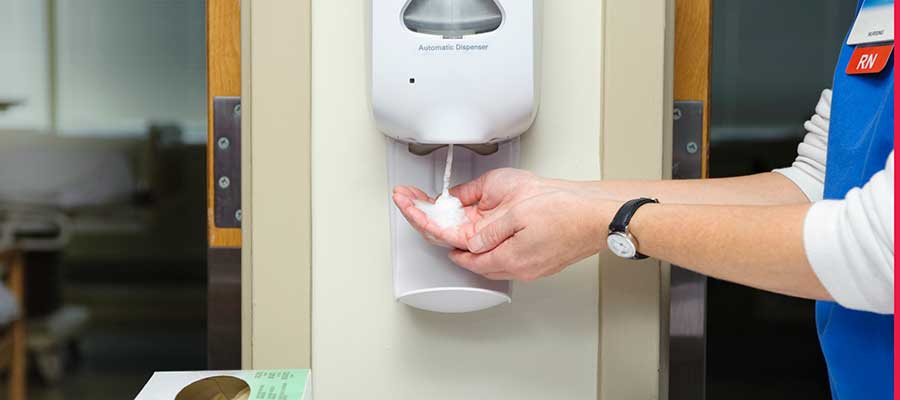
Accountable care organizations in the Medicare Shared Savings Program generated $1.19 billion in total net savings to Medicare in 2019, the third and largest annual savings for the program to date, Centers for Medicare & Medicaid Services Administrator Seema Verma announced.






